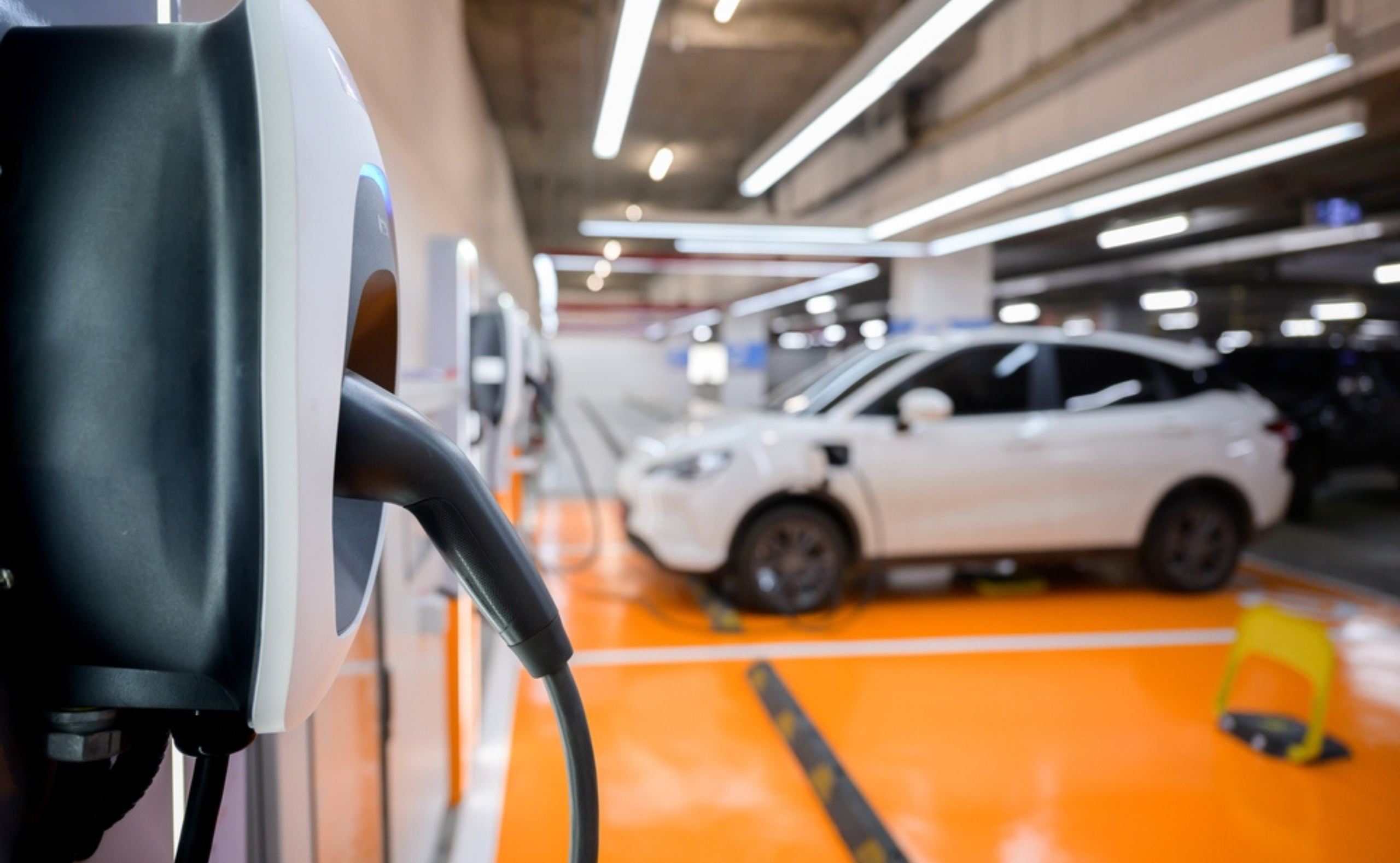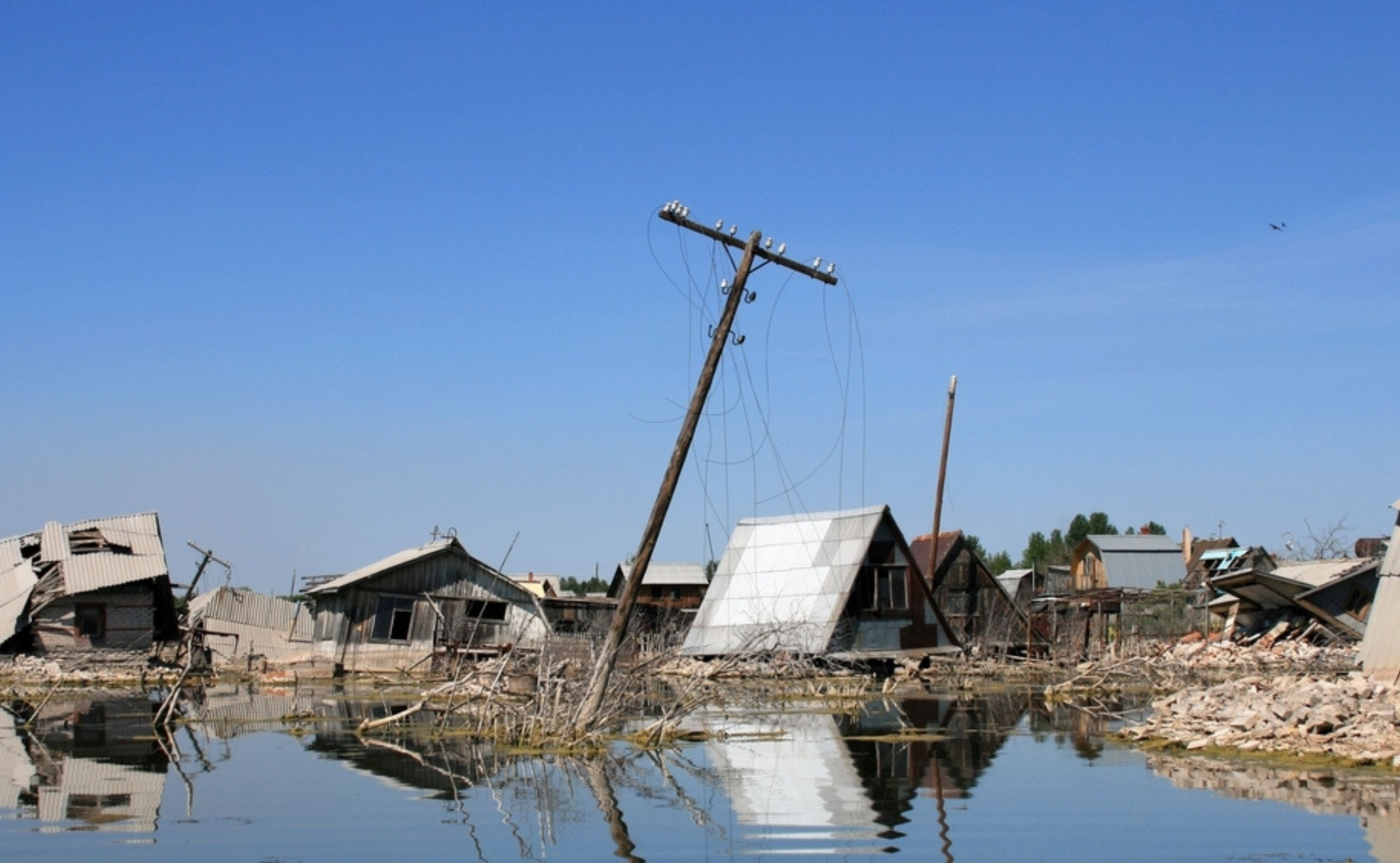Equipping workers with skills, infrastructure, and support is vital to ensure the AI-driven digital shift boosts jobs, inclusion, and sustainable growth.
LATEST

- Industry and trade, Information and Communications Technology

- Gender, Health, Social development and protection

- Climate change, Energy, Environment, Transport

- Climate change, Finance sector development

- Climate change, Finance sector development
Subscribe to our Newsletter
Stay updated with ADBI news, publications, events and opportunities.
About Asia Pathways
Asia Pathways is the blog of the Asian Development Bank Institute, exploring ideas and solutions for advancing sustainable and inclusive development in Asia and the Pacific.

